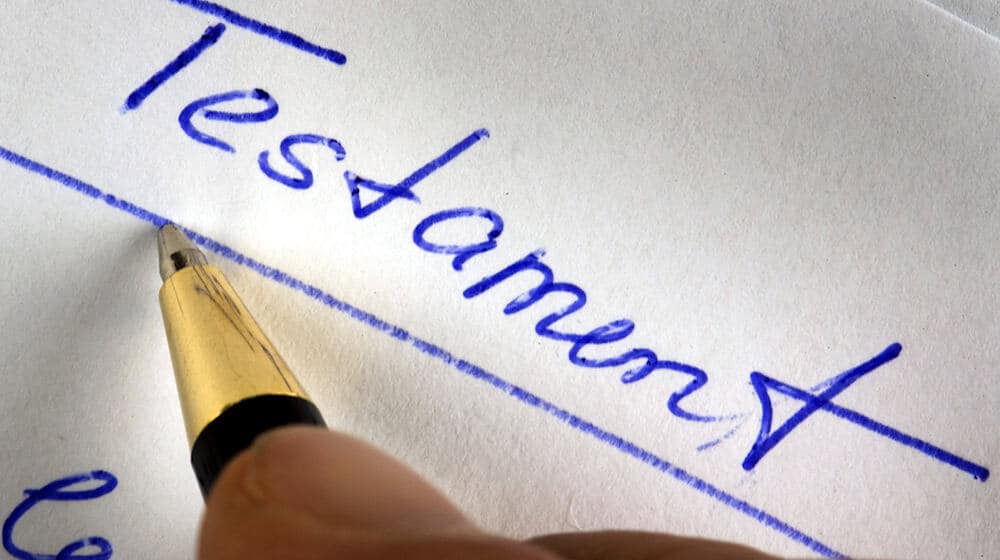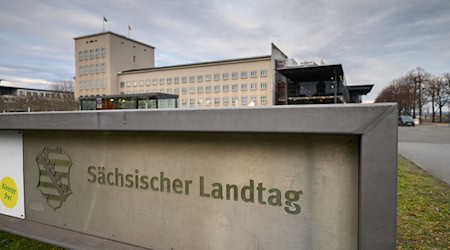A littered property with a dented bus or a doctor's surgery with patient files: The Free State of Saxony once again became heir to over 1,000 heirs last year.
After the record year of 2023, there were slightly fewer so-called fiscal inheritances in 2024. However, the income from this was higher than in 2023, said Martin Oberacher, Head of Central Land Management at the state-owned company.
The probate courts established the tax authorities as the legal heir in 1,263 cases in 2024. This was 57 cases or 4.3 percent fewer than in the previous year. Almost 8.7 million euros were received from the inheritances, around 600,000 euros more than in the previous year.
The state usually inherits if the competent probate court cannot identify any other heirs or the inheritance is rejected due to over-indebtedness, for example - the state cannot then reject the inheritance. If there are no other heirs, the federal state in which the deceased was last resident is then appointed as the heir.
According to the statistics, the number of so-called fiscal inheritances in Saxony increased by 302 to 3,245, with 1,565 cases being closed - 312 more than in 2023.
A good 3.3 million euros were spent on processing, such as maintaining and securing inherited properties, which was half a million euros more than in the previous year. Personnel and material costs were estimated at around 2 million euros, roughly the same as in the previous year. At the end of the year, a surplus of more than 3.3 million euros remained - compared to around 3.4 million euros in the previous year.
Inheritance rarely lucrative for the tax authorities
Involuntary inheritance is rarely lucrative for the Free State, said Oberacher. Houses, garages, allotments, farms or businesses are often over-indebted, maintenance obligations for properties and personnel and material costs reduce the profit of an inheritance or sometimes eat it up completely.
For example, a medical practice had to be wound up last year and numerous patient files had to be stored in accordance with data protection regulations. The Free State also inherited a stable building including a residential building, but the land belonged to third parties. "The deceased ran an asylum for circus animals there," said Oberacher. The property was heavily littered and full of traces of monkeys and lions.
If relatives turn down an inheritance or no heir is found, the estate falls to the state by law - cars, jewelry, televisions and other items are at best offered through auction houses or so-called estate liquidators. And if heirs do come forward within 30 years of the deceased's death, the state gets rid of the items or the proceeds.
Copyright 2025, dpa (www.dpa.de). All rights reserved










